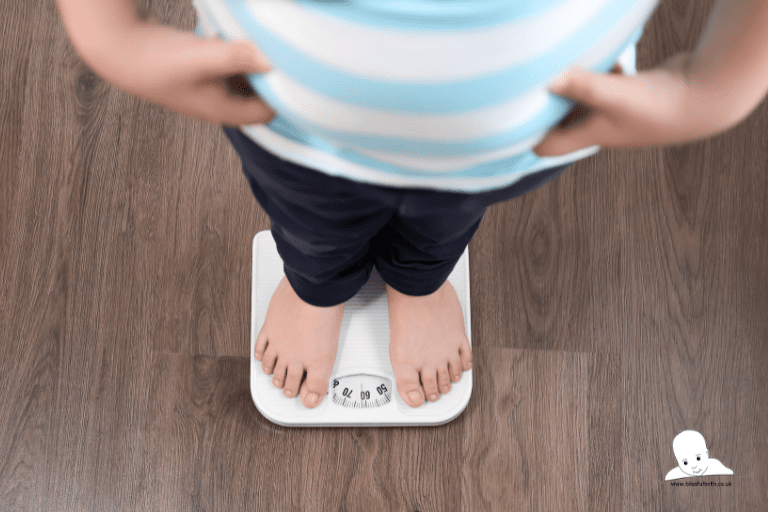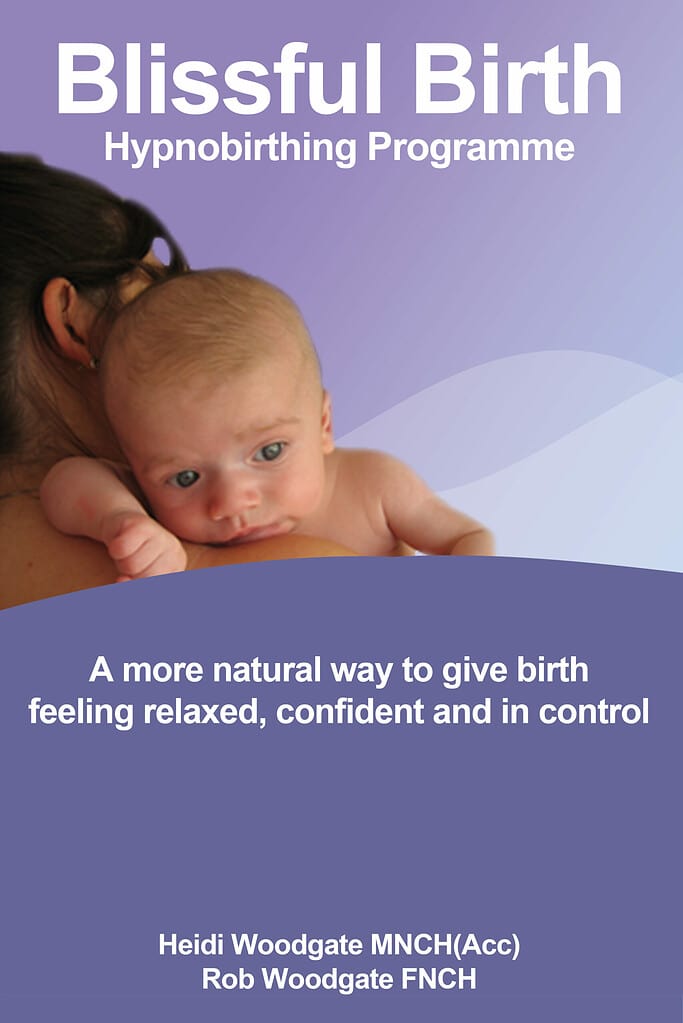Imagine yourself being hypnotized. What comes to your mind? Perhaps a pendulum swinging back and forth or a mysterious figure commanding you to “sleep” in a deep, hypnotic voice. Or maybe you’re reminded of TV shows and movies that portray hypnosis as a magical power that takes away your free will.
Unfortunately, these stereotypes and misconceptions about hypnosis can be enough to scare many people away from trying this incredibly useful technique. But the truth is that hypnosis is a therapeutic practice that has been used for centuries to help people achieve a variety of goals.
And self hypnosis is no exception. In fact, it’s a powerful tool that anyone can use to tap into the potential of their own mind and achieve positive changes in their life.
Despite the proven benefits of self-hypnosis, many people are still wary of trying it for themselves. But by separating fact from fiction and understanding how self-hypnosis really works, you can unlock a whole new world of personal transformation.
Read on as we will explore the benefits of self hypnosis, how it works, and how you can use it to improve your wellbeing and create the life you want.
Table of Contents
What is Self Hypnosis?
Self hypnosis is a technique that allows you to enter a state of focused relaxation and concentration, during which you can access your subconscious mind and make positive changes to your thoughts, feelings, and behaviours.

To understand self-hypnosis, it’s helpful to first understand what hypnosis is in general. Hypnosis is a state of deep relaxation and heightened focus that allows the hypnotist or the individual being hypnotized to access their subconscious mind. In this hypnotic state, you are more open to suggestions and more receptive to positive affirmations and visualizations.
With self hypnosis, you induce this state of relaxation and focus yourself, without the help of a hypnotherapist or another person. Yes, you can do a self-hypnosis session on your own. You can use a variety of techniques to achieve this state, such as guided meditations, visualization exercises, or progressive muscle relaxation. Once you’re in a state of self hypnosis, you can work on specific goals, such as reducing anxiety, improving self-esteem, or changing negative thought patterns.
How Does Self Hypnosis Work?
Self hypnosis works in a similar way to traditional hypnosis. It involves inducing a state of deep relaxation and heightened suggestibility, which allows the subconscious mind to become more receptive to positive suggestions and mental imagery.
When you are in a state of deep relaxation, your brain waves slow down and you enter what is known as the alpha state. This is a state of heightened awareness and relaxation, similar to the feeling you have just before you fall asleep or when you are deeply engrossed in a book or movie.
In this relaxed state, the subconscious mind is more open to suggestion and mental imagery, and this is where the real work of self hypnosis takes place. By visualizing positive outcomes and using affirmations and other techniques, you can help to reprogram your subconscious mind and change the way you think, feel, and behave in certain situations.
Through regular practice, self hypnosis can be an incredibly powerful tool for personal growth, stress reduction, and achieving your goals. However, it’s important to note that self hypnosis should only be practised by those who have received proper training and guidance, either from a qualified and trained hypnotherapist or through a reputable self hypnosis program.
Benefits of Self Hypnosis
Self hypnosis can be really helpful for people who want to feel better and reach their goals.
Some benefits of self hypnosis include:
Stress relief
Self hypnosis can be an effective tool to reduce stress and promote relaxation. It helps you to achieve a state of deep relaxation and calm, which can help to lower your heart rate and blood pressure and reduce muscle tension.
Improved self-esteem
Self hypnosis can help you to develop a positive self-image and boost your self-confidence and self-esteem. It can also help you to overcome negative self-talk and limiting beliefs, and replace them with positive affirmations and beliefs.
Pain management

Self hypnosis can be used to manage chronic or physical pain and acute pain from injuries or medical procedures. It can help to reduce the sensation of pain and discomfort and promote faster healing and recovery.
Improved sleep
Self hypnosis can be used to improve the quality and quantity of your sleep. It can help you to relax your mind and body and release any tension or worries that might be keeping you awake at night.
Weight loss

Self hypnosis can help you to achieve and maintain a healthy weight by changing your relationship with food and exercise. It can help you to overcome emotional eating, boost your motivation to exercise and develop healthier habits.
Overall, self hypnosis can be a powerful tool to improve your mental and physical health and achieve your goals. It’s a safe and natural technique that can be used alongside other forms of therapy or medication.
Self Hypnosis vs Meditation

Self hypnosis and meditation are two popular techniques for achieving relaxation and personal growth. While both practices involve entering a focused and receptive state of mind, they differ in their objectives and methods. Let’s explore the similarities and differences between self hypnosis and meditation.
First, let’s talk about meditation. Meditation is a mental practice that has been used for centuries to cultivate awareness, concentration, and emotional balance. It involves focusing your attention on a specific object or activity, such as your breath, a mantra, or a visualization. The goal of meditation is to quiet your mind and increase your sense of inner peace and clarity.
On the other hand, self hypnosis involves inducing a trance-like state through suggestion and visualization techniques. It is a form of self-guided hypnotherapy that aims to tap into the power of your subconscious mind to change unwanted habits or beliefs, overcome fears and phobias, and enhance your overall well-being.
While both practices can help you achieve a relaxed and focused state of mind, self-hypnosis is more goal-oriented and can be used to address specific issues or challenges. Meditation, on the other hand, is more about developing a general sense of inner calm and mindfulness. By practising either technique, you can cultivate greater self-awareness, reduce stress, and improve your overall mental and physical health.
How To Learn Self-Hypnosis Techniques
Learning self-hypnosis techniques can seem daunting at first, but it’s important to remember that anyone can do it with a little bit of practice and patience.
Here are some steps to get started:
1. Find a comfortable and quiet room or place where you won’t be disturbed

This could be a private room in your home, a park bench, or any other place where you feel safe and at ease.
2. Set an intention for your self-hypnosis practice
What do you want to achieve? Whether it’s to reduce stress, improve focus, or overcome a bad habit, having a clear goal in mind can help you stay focused and motivated.
3. Get into a relaxed state of mind and body
This can be done through deep breathing exercises, progressive muscle relaxation, or other relaxation techniques. The key is to quiet your mind and allow yourself to fully relax.
4. Choose a self-hypnosis technique that works for you
This could include visualization, positive affirmations, or guided imagery. Experiment with different techniques to find the one that resonates with you.
5. Practice regularly
Like any skill, self hypnosis requires consistent practice to master. Set aside time each day to practice your chosen technique, even if it’s just for a few minutes.
By following these steps, you can learn how to use self hypnosis techniques to achieve your goals and improve your well-being. Remember, it’s a skill that takes time and patience to develop, but the benefits are well worth the effort.
What To Expect During Self Hypnosis
Before delving into the specifics of what to expect during self hypnosis, it’s important to understand that everyone’s experience may be different. Some people may find it easy to induce self hypnosis, while others may require more practice or guidance from a professional hypnotherapist.
During self hypnosis, you can expect to enter a relaxed state of mind and body, similar to meditation or daydreaming. This state is often referred to as a trance state, where your mind is highly focused and receptive to suggestions.
You may experience a range of sensations during self hypnosis, such as tingling, warmth, or heaviness in certain parts of your body. Some people may even experience vivid visualizations or feel as though they are in a dreamlike state.
It’s important to remember that self hypnosis is a safe and natural technique, and you will remain in complete control of your thoughts and actions throughout the process. You will not be forced to do anything against your will, and you can always come out of the trance state at any time if you feel uncomfortable or need to attend to something else.
Tips For Practicing Self Hypnosis
Firstly, it is important to establish a regular practice of self hypnosis in order to see results. This means setting aside a few minutes each day or week to practice. It may be helpful to choose a specific time and place where you can be uninterrupted and comfortable. Consistency is key, and with time and practice, the benefits of self hypnosis will become more apparent.
In addition to self hypnosis, it can be beneficial to explore different relaxation techniques such as meditation or yoga. These practices can help to enhance the effects of self hypnosis by promoting relaxation and mindfulness. Incorporating deep breathing techniques and visualization exercises can also be helpful in achieving a deep state of relaxation.
Lastly, for those who may be new to self hypnosis or struggling to establish a regular practice, guided self hypnosis sessions can be a helpful resource. There are many guided sessions available online, ranging from general relaxation and stress reduction to more specific goals such as weight loss or smoking cessation. Audiobooks and apps can also be useful tools for self hypnosis training. These resources can provide instruction and guidance, making it easier to apply self hypnosis techniques and achieve desired outcomes.
Self Hypnosis for Creating a Positive Birth Experience

Aside from the benefits that have been mentioned earlier, did you know that self hypnosis can also help expectant mothers during their pregnancy? Yes, you read that right! Using self hypnosis techniques during pregnancy can help create a positive birthing experience, reduce anxiety and fear, and promote relaxation.
During pregnancy, it’s common for women to experience anxiety and fear about labour and delivery. However, these negative emotions can actually prolong labour and increase the risk of complications. By using self hypnosis, expectant mothers can learn to control their thoughts and emotions and approach birth with a positive attitude.
Self hypnosis can also help with pain management during labour. A study has found that self hypnosis can be beneficial during labour and birth. It can be particularly advantageous for pregnant women as it allows them to connect with their body and mind in a positive way, building a strong foundation for a smooth and empowering birth experience.
Practice Self Hypnosis For Pregnancy
If you’re pregnant and looking for a way to manage your anxiety and pain during labour, self hypnosis can be worth exploring.
With regular practice, you can learn to control your breathing, release tension in your body, and focus your mind on positive affirmations, all of which can make childbirth easier and more comfortable.
One program that can help you practice self hypnosis in pregnancy is Blissful Birth.
This comprehensive program is an at-home alternative to hypnobirthig classes.
It includes a hypnobirthing book with a step-by-step guide to self hypnosis and an MP3 series that guide you through relaxation exercises, affirmations, and visualizations to help you prepare for childbirth.
The program is designed to help you build confidence, reduce anxiety, and develop a positive mindset that can make labour and delivery a more comfortable and fulfilling experience.
Whether you’re a first-time mother or have experienced childbirth before, self-hypnosis can be a powerful tool to help you prepare for labour and delivery. By learning to manage your anxiety, control your breathing, and focus your mind, you can approach childbirth with greater confidence and ease.
And with the help of a program like Blissful Birth, you can learn and practice self-hypnosis techniques in the comfort of your own home, on your own schedule.




